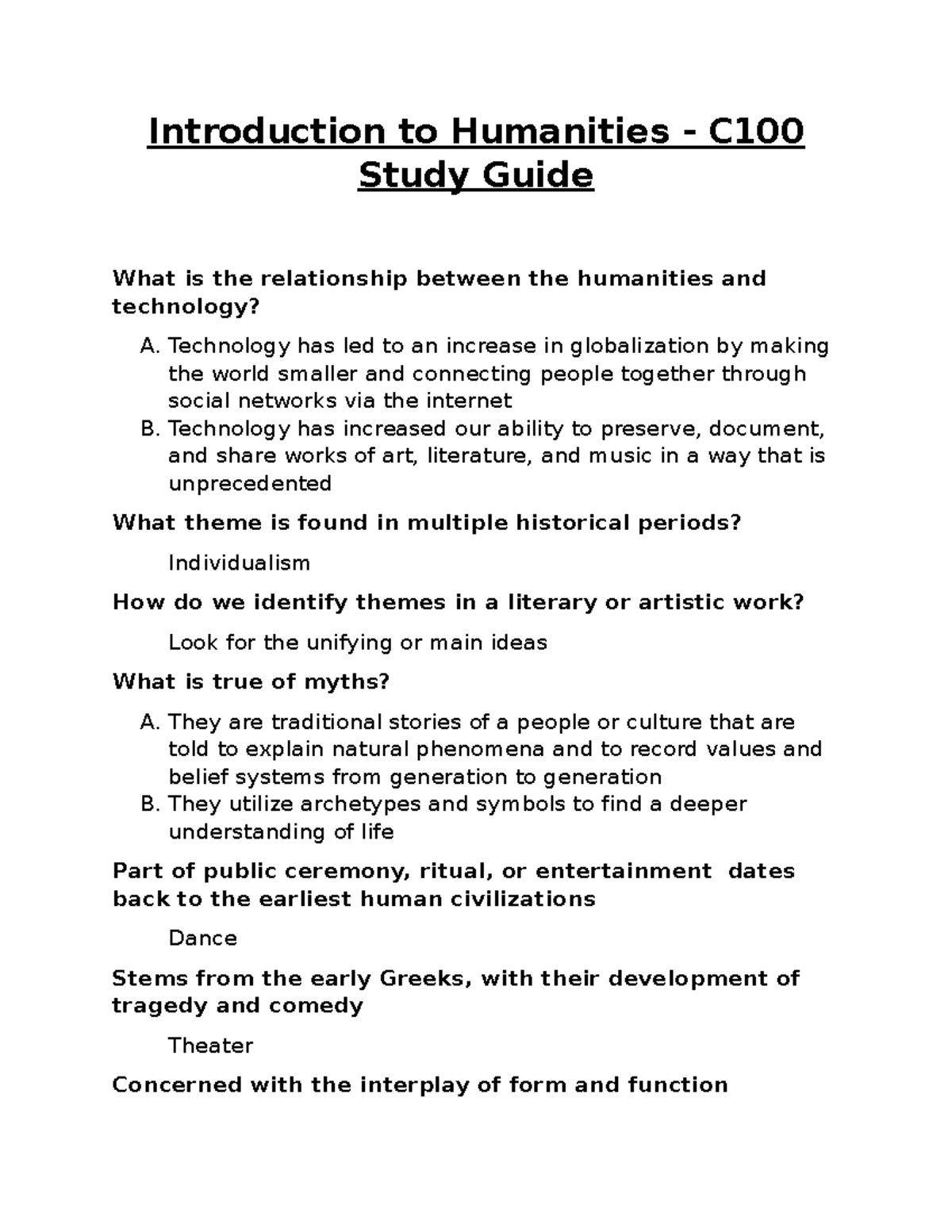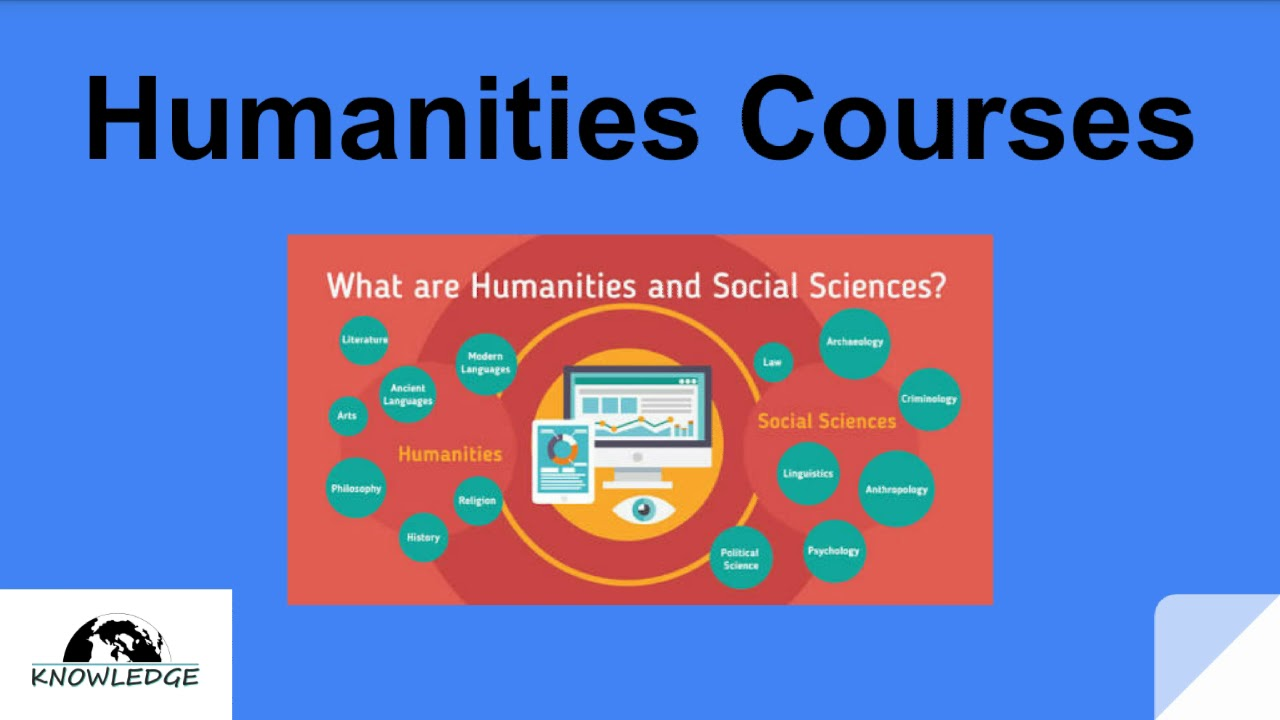Sci-fi books have captivated readers for generations, offering thrilling adventures and thought-provoking scenarios that explore the potential of technology and humanity. From classic tales to contemporary masterpieces, the best sci-fi books delve into themes like artificial intelligence, societal evolution, and the moral dilemmas we face in our quest for progress. These science fiction recommendations often make us ponder our existence, navigating the thin line between human experience and machine intelligence. For example, novels about humanity frequently unearth profound questions about what it truly means to be human, as seen in narratives dealing with censorship in sci-fi that challenge the status quo. With their rich tapestry of ideas, these imaginative works invite us to reconsider our future and our place within it.
Science fiction novels, often referred to as speculative fiction, serve as a fascinating lens through which we can examine our world and its potential futures. These stories frequently explore advanced technologies, the essence of civilization, and intricate themes, such as the societal implications of artificial minds. Renowned for their ability to provoke thought, these stories—whether they involve extraterrestrial encounters or dystopian societies—encourage readers to engage deeply with complex moral questions. Works that highlight the shadows of censorship in literature specifically underscore the importance of intellectual freedom and critical analysis in our increasingly mediated lives. As we immerse ourselves in these compelling narratives, we are reminded of the endless possibilities that lie within the realms of imagination.
Exploring the Best Sci-Fi Books About AI
Artificial intelligence (AI) has become a central theme in many of the best sci-fi books, provoking questions about consciousness, ethics, and humanity’s future. One remarkable example is Peter Watts’ ‘Blindsight.’ In this novel, a crew of augmented humans attempts to interact with alien intelligences that seem to transcend human understanding. Watts explores the paradox of consciousness itself, suggesting that what we perceive as essential to human intelligence may rather be an evolutionary flaw. This unsettling narrative encourages readers to ponder profound questions about what intelligence truly means, especially as we develop increasingly advanced AI capable of outperforming humans.
Moreover, ‘Solaris’ by Stanislaw Lem, another seminal work in the genre, invites readers to navigate the complexities of understanding another form of intelligence. As scientists grapple with their inability to communicate meaningfully with the planet Solaris, they are confronted with their own emotional and philosophical limitations. This novel serves as a reminder that in our quest to create intelligent systems, we must confront the vast and often uncomfortable unknowns that challenge our understanding of both AI and ourselves.
Frequently Asked Questions
What are some of the best sci-fi books exploring artificial intelligence?
If you’re looking for the best sci-fi books about artificial intelligence, consider titles like ‘Blindsight’ by Peter Watts, which delves into the implications of AI and consciousness. Additionally, ‘Fahrenheit 451’ by Ray Bradbury serves as a cautionary tale about the impact of technology on society, highlighting themes of censorship and knowledge loss.
Can you recommend sci-fi books that reflect on the essence of humanity?
For novels about humanity, ‘A Rover’s Story’ by Jasmine Warga offers a heartwarming exploration of human emotions through the lens of a Mars rover. Similarly, ‘Solaris’ by Stanislaw Lem investigates encounters with intelligence beyond human understanding, prompting deep reflections on what it means to be human.
What are some notable science fiction recommendations that tackle censorship?
When it comes to science fiction exploring censorship, Ray Bradbury’s ‘Fahrenheit 451’ is a quintessential read that addresses the dangers of suppressing intellectual freedom. Han Song’s ‘Exorcism’ also critiques governmental censorship while presenting a dystopian vision of a society governed by AI.
Which sci-fi books discuss the potential risks and ethics of AI?
Books like ‘Blindsight’ by Peter Watts and ‘Fahrenheit 451’ by Ray Bradbury effectively critique the ethics surrounding AI. These novels encourage readers to contemplate the implications of AI’s integration into society, highlighting both the risks and the societal consequences of technology.
Are there sci-fi books that incorporate themes of friendship between humans and AI?
‘A Rover’s Story’ by Jasmine Warga captures the essence of friendship between a human and a Mars rover, exploring themes of connection and emotional ties amidst the backdrop of evolving AI technology. This book elegantly raises questions about the nature of relationships in a world increasingly influenced by machines.
| Title | Author | Key Themes |
|---|---|---|
| Blindsight | Peter Watts | Exploration of AI vs. human consciousness and the implications of augmented intelligence. |
| Solaris | Stanislaw Lem | Limits of human understanding in the face of alien intelligence and emotional ghosts. |
| A Rover’s Story | Jasmine Warga | A children’s perspective on human emotions and connections through the lens of AI and machines. |
| Exorcism | Han Song | Censorship, the grotesque mutation of reality, and the importance of questioning authority. |
| Fahrenheit 451 | Ray Bradbury | Warning about censorship, the dangers of passive consumption, and the critical nature of intellectual freedom. |
Summary
Sci-fi books offer a profound exploration of contemporary issues, allowing readers to engage with complex themes of technology, humanity, and society. The recommendations from Harvard faculty highlight how these narratives challenge our understanding of artificial intelligence, the consequences of censorship, and the intricate bond between humans and machines. As readers delve into works like ‘Blindsight’ and ‘Fahrenheit 451’, they are encouraged not only to reflect on the current state of the world but to also envision the possibilities of the future. By embracing these stories, we unlock critical conversations that can ultimately shape our reality.




